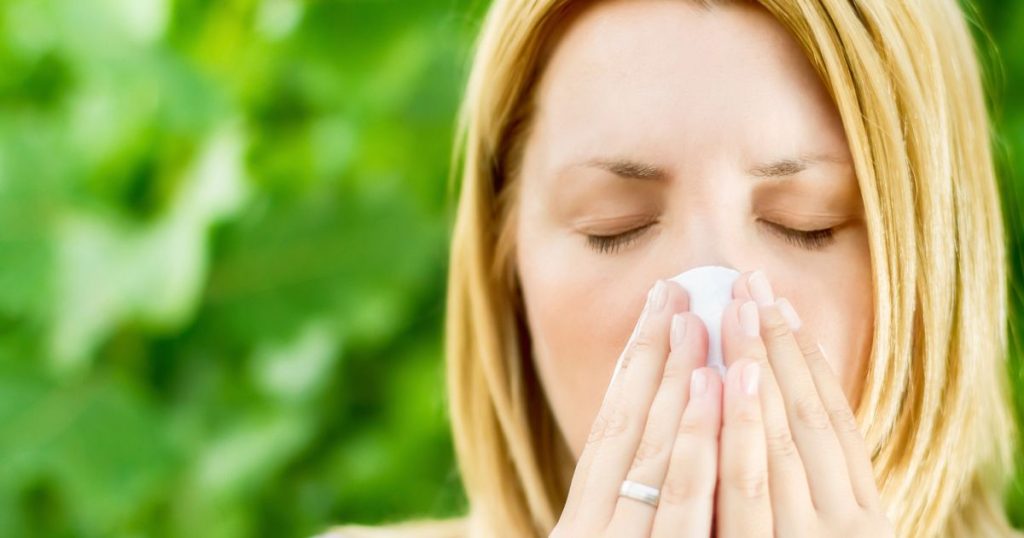While there are many hay fever remedies recommended each year, not all of them are backed by scientific evidence. Dr. Babak Ashrafi, a leading GP at Superdrug Online Doctor, suggests that some age-old myths around hay fever need to be debunked. For example, while using Vaseline on your nostrils to block pollen is recommended by the NHS, putting garlic cloves up your nose is not advisable. Eating local honey, pineapple, and nettle tea also have mixed reactions in terms of helping with hay fever symptoms, as there is limited research to support their efficacy.
Hay fever, also known as rhinitis, is an allergy that usually occurs between late March and September when the immune system overreacts to pollen, mold spores, and other allergens in the air. While remedies like Vaseline are helpful in blocking pollen, other unconventional methods like putting cloves of garlic in the nose are not recommended. Pineapple contains an enzyme called bromelain that may help with inflammation and swelling, but the amount needed for benefits is unclear. Similarly, there is limited research on the effectiveness of honey and nettles in relieving hay fever symptoms.
Aside from these unconventional remedies, hay fever sufferers can find relief through more traditional methods such as eye drops, nasal sprays, and antihistamines prescribed by pharmacists. The NHS advises that symptoms are usually worse between March and September when pollen counts are high, and hay fever can last for weeks or months. While there is no cure for hay fever, there are ways to ease symptoms, especially during peak pollen seasons. For those looking for relief from hay fever, speaking to a pharmacist or healthcare provider is recommended.
Overall, it is essential to approach hay fever remedies with caution and consult healthcare professionals before trying any new treatments. While some methods like using Vaseline can help block pollen from entering the nose, other remedies like putting garlic cloves in the nose may not be safe or effective. More research is needed to establish the effectiveness of unconventional remedies like eating honey, pineapple, or nettles for hay fever relief. Ultimately, individuals experiencing hay fever symptoms should seek advice from healthcare providers to find the most suitable treatment options for their condition.


